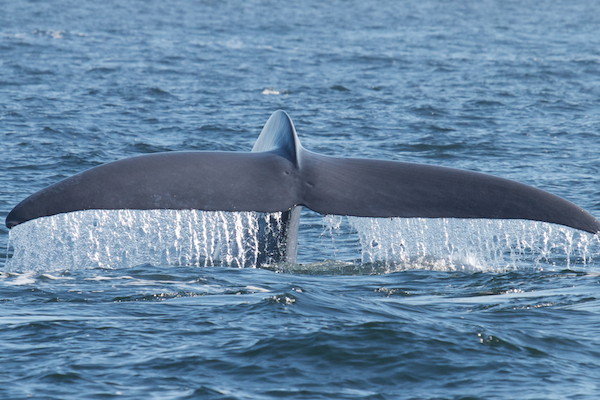An article in the New York Times yesterday, based on a new study reported in Nature Communications, says that previous estimates of the effects of sea level rise due to climate change have been far too optimistic. ‘The new research shows that some 150 million people are now living on land that will be below the high-tide line by midcentury’ – many of them in large cities such as Bangkok and Shanghai. This is not a worst-case scenario but a most-likely scenario based on the current rate of carbon emissions.
For those of us relatively unaffected by flood, drought, hurricanes, wildfires, extinctions and other effects of global heating, news about them has become a virtual flood of information, and sometimes we feel as if we’re drowning in it. How are we supposed to respond?
With anxiety about our children’s future?
With guilt, because we’ve played our part in the consumptive economic system that is causing it all, and we haven’t done enough to curb our emissions, and we know that the worst effects of this accelerating catastrophe are suffered by those least responsible for causing it?
With rage against the wealthy oligarchs who buy off politicians and flood the media with toxic progaganda so they can continue to profit from their ownership of the economic engine?
With despair because there’s nothing we can do about all this?
By “changing the channel,” distracting ourselves from a painful reality?
With commitment to the cause of changing the system into something more just and ecologically sensible? That seems to me what a good citizen of the world would do – perhaps motivated by some combination of anxiety, guilt and rage. But i doubt whether such a commitment can be sustained by those feelings. Rather, the sustenance of commitment has to be something more like love. Hope helps too, if it’s something deeper than optimism. But the core of it, i feel, is not the fear of losing what we love, but the inconceivable joy of its presence to us and with us now.
Can that kind of joy be invoked or evoked or expressed with words? I don’t know. It depends on what kind of practice follows from the words. Sometimes the magic works, and sometimes it doesn’t.
